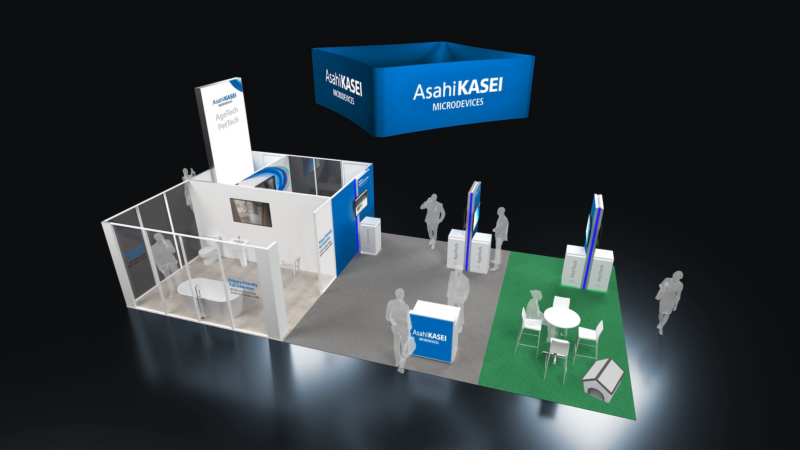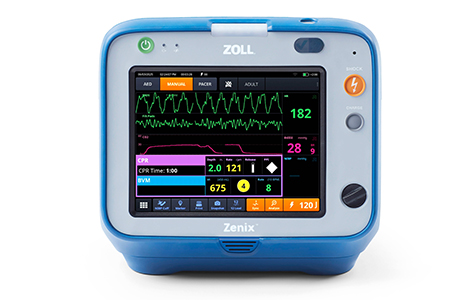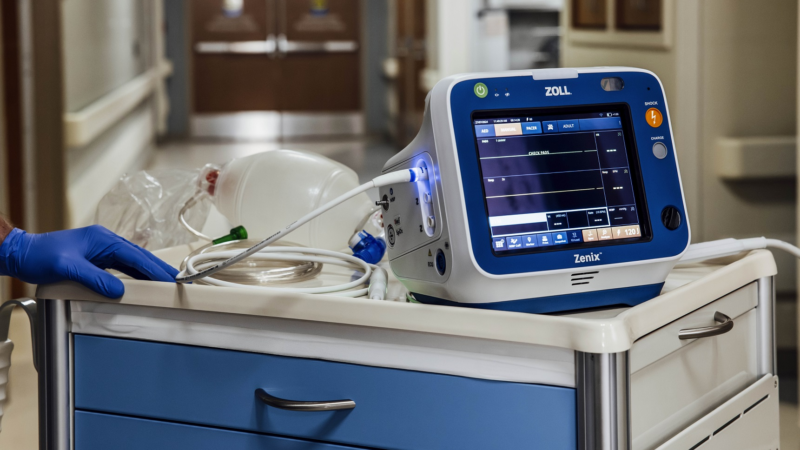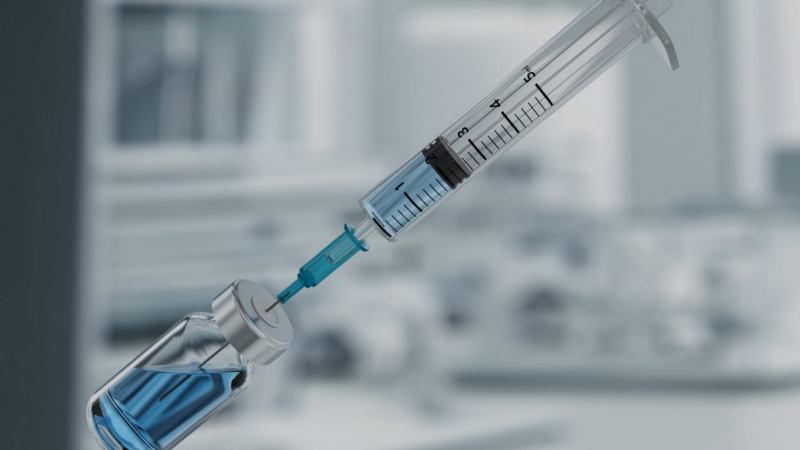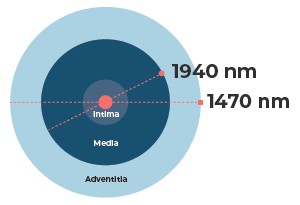EANM join forces with scientific organisations to investigate the impact of medical radiation exposure on patients and medical staff
(Vienna, August 21, 2018) Nuclear medical techniques are essential in diagnosing a large number of diseases and in treating various kinds of cancer. Since nuclear medicine is based on the use of radioactively labelled substances patients are exposed to a certain amount of radiation. Although doses are low and have to be weighted against the high diagnostic and therapeutic benefit, the improvement of radiation protection is a main concern of the European Association of Nuclear Medicine (EANM). „Recently, EANM has joined forces with scientific organisations from related disciplines in order to specify risk estimations and promote cutting edge research which will serve as a basis for improving protective measures. Patients as well as staff are going to benefit considerably from these efforts“, says EANM expert Prof. Klaus Bacher.
Modern health care is hardly conceivable without nuclear medicine. Nuclear imaging comprises highly efficient diagnostic techniques that provide precise information on early stages of numerous conditions, ranging from narrowed arteries over the presence of tumours to the onset of dementia. This is most valuable information that doctors can draw upon to design individually tailored and timely therapies for their patients. Apart from these diagnostic aspects, nuclear medicine also provides targeted treatments for cancer patients where high local tumor doses can be achieved while minimizing the radiation burden affecting healthy tissue.
Joining forces for better data
For nuclear medical diagnosis as well as treatment the patient is injected with substances, for example glucose, that are radioactively labelled. Although the applied radiation doses are low there is an ongoing discussion among experts to which extent risks such as cancer induction can be excluded. Highly important as this matter is for both patients and staff clinically relevant studies based on sufficient and appropriate data are still rare. In order to fill this gap and thus provide the prerequisite for reliable risk estimations the European Alliance for Medical Radiation Protection Research (EURAMED) was founded ( www.eibir.org/scientific-activities/joint-initiatives/european-alliance-for-medical-radiation-protection-research-euramed/). The goal of the association is to promote and support research in order to clarify the various and complex medical radiation protection issues and to translate the results into clinical practice. Together with a number of other scientifically related organisations EANM is a founding member of EURAMED and will have a leading role in the oncoming years through presidential and vice-presidential positions. It is for the first time that different disciplines such as radiology, radiotherapy, medical physics and nuclear medicine join forces in such a manner. A common strategic research agenda (SRA) for medical radiation protection has already been published.
Recommendations are under way
Another important step forward towards an improvement of radiation protection is MEDIRAD (Implications of Medical Low Dose Radiation Exposure). This project has been established in order to investigate the impact of medical low-dose radiation exposure on patients and medical staff and to set up science-based policy recommendations for their effective protection. It was developed under the guidance and with significant input of EURAMED and EANM ( www.medirad-project.eu/). MEDIRAD“s research consortium, consisting of over 70 scientists from 33 organizations and 14 countries, received 10 million Euros in funding from the European Commission and started in June 2017. „The research will significantly improve our medical understanding and practice of radiation protection“, says Prof. Bacher. In the field of nuclear medicine research results are expected to optimize the radiation exposure during diagnostic PET/CT examinations and to improve the treatment of thyroid cancer patients using radioactive iodine therapy. Other fields of research concern radiation exposure in breast radiotherapy and the impact of nuclear medical procedures in cardiovascular diseases. „EANM has always taken radiation protection seriously and welcomes the close cooperation of clinicians and medical physicists. Discussing and investigating these issues in a number of interdisciplinary scientific committees will lead to appropriate recommendations for the justified use of nuclear medical procedures very soon“, says Prof. Bacher.
https://www.facebook.com/officialEANM.
www.whatisnuclearmedicine.com
www.eanm.org
Presseagentur für Medizinthemen
Contact
impressum health & science communication
Frank von Spee
Hohe Brücke 1
20459 Hamburg
Phone: 040 31786410
E-Mail: vonspee@impressum.de
Url: http://www.impressum.de

